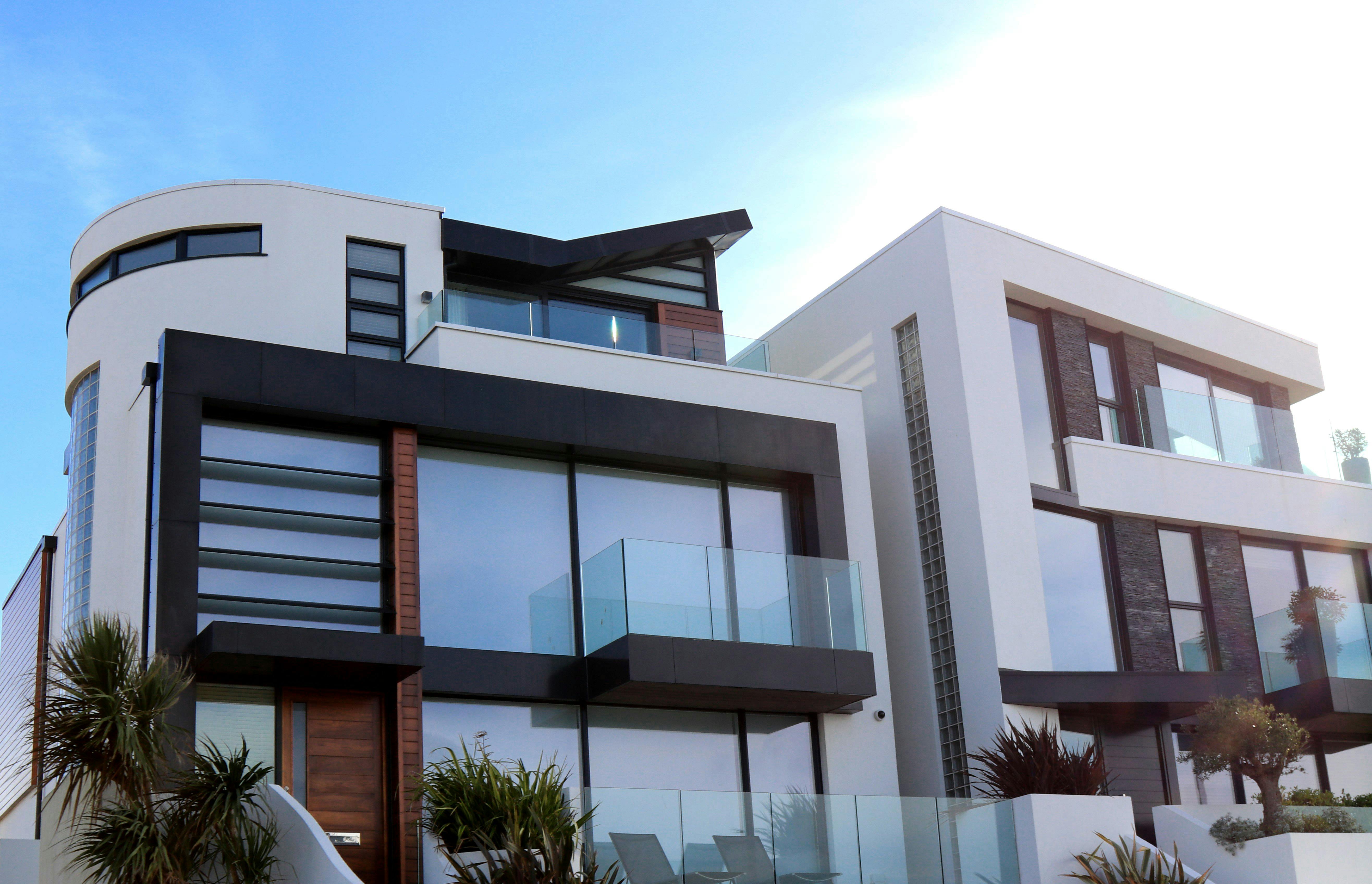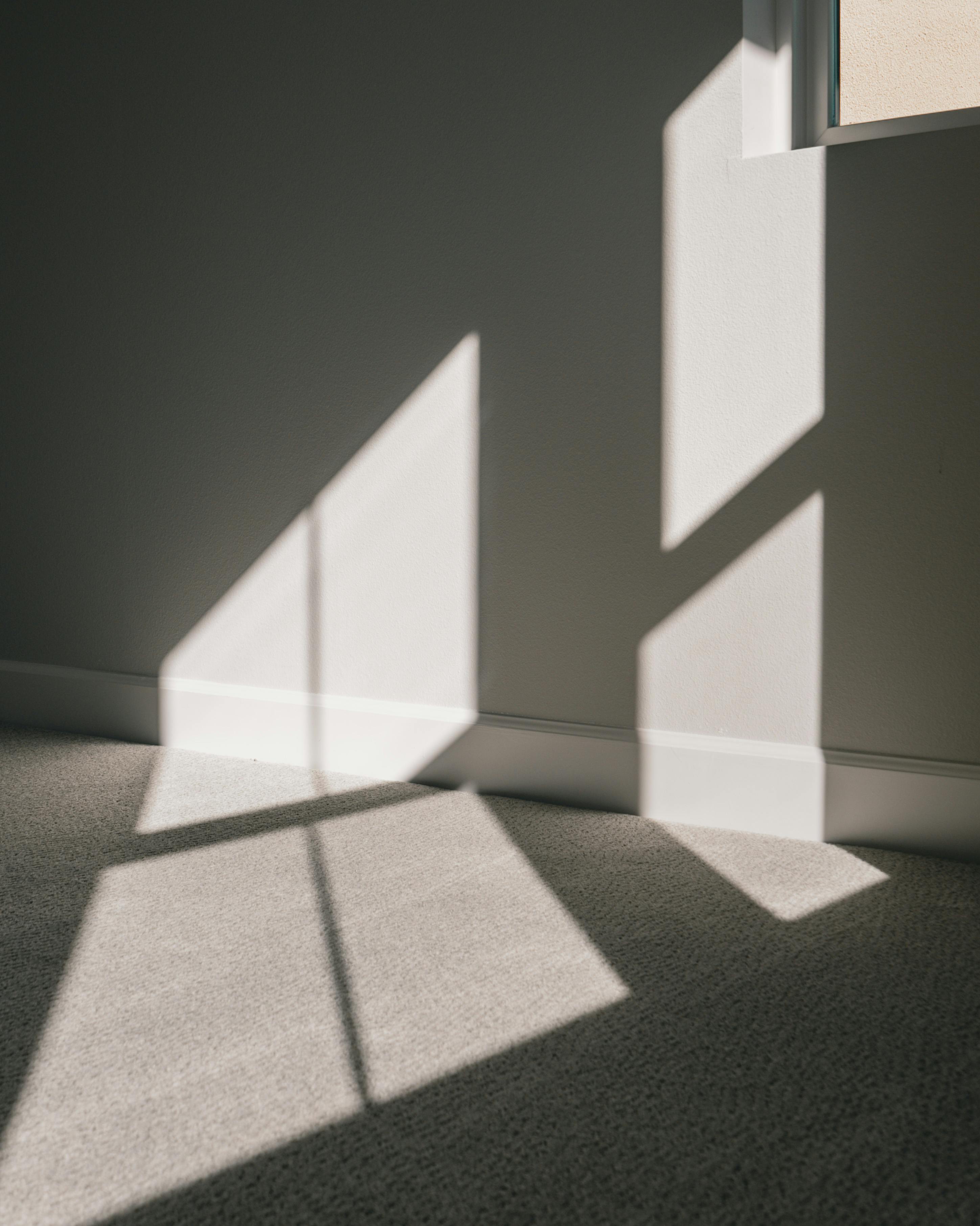The Pros And Cons Of Renting Vs. Buying A Home
Navigating the decision between renting and buying a home is a major milestone in your life. “The Pros and Cons of Renting vs. Buying a Home” dives into the essential points to consider, making it easier for you to make an informed choice. In this insightful article, you’ll explore the benefits and drawbacks of both options, from financial implications to lifestyle flexibility. Whether you’re looking to settle down or maintain a degree of freedom, the comprehensive look at renting and buying will guide you towards the best decision for your unique circumstances.
The Pros and Cons of Renting vs. Buying a Home
Have You Ever Wondered Whether You Should Rent or Buy?
If you’ve ever found yourself grappling with the decision to rent or buy a home, you’re definitely not alone. This is one of the most significant decisions you’ll make in your life, affecting your finances, lifestyle, and even your overall happiness.
In this article, we’ll break down the pros and cons of renting versus buying a home to help you navigate this essential choice. So let’s dive in and explore both sides of the coin!
Why Choosing Between Renting and Buying Matters
The decision to rent or buy a home isn’t just about where you live—it’s about how you live. It impacts your financial health, your freedom, and the way you experience your environment. By understanding the pros and cons, you can make a more informed choice suited to your unique circumstances.

The Basics of Renting
Let’s first get a solid grasp of what renting entails.
What Is Renting?
Renting means you are paying for the right to live in a property owned by someone else. You sign a lease agreement, which details the terms and conditions of your stay, including the rent amount and the duration of your tenancy.
Pros of Renting
1. Flexibility
Renting offers unmatched flexibility. If you dislike commitment, renting allows you to easily relocate without the burden of selling a property.
2. Lower Upfront Costs
When you rent, there’s no hefty down payment, just a security deposit and perhaps the first and last month’s rent. This can be significantly less daunting financially.
3. Maintenance-Free Living
One of the biggest advantages of renting is that you’re usually not responsible for property maintenance. If something breaks down, you can simply call your landlord.
Cons of Renting
1. No Equity Buildup
When you rent, your monthly payments are essentially gone. You don’t build any equity in a property, which means you don’t gain an asset over time.
2. Limited Control
Renters often face restrictions on home modifications and even decor. You need permission for changing things, and that can feel limiting.
3. Rent Increases
Over time, your rent can go up, sometimes significantly, depending on your landlord and market conditions.
The Basics of Buying
Now, let’s understand what buying a home involves.
What Is Buying?
Buying a home means purchasing a property and, in most cases, taking out a mortgage loan to finance it. You’ll own the property and can do with it as you please, subject to local laws and homeowners’ association rules.
Pros of Buying
1. Building Equity
As you pay down your mortgage, you build equity in your home. Over time, this can become a substantial financial asset.
2. Freedom to Customize
Ownership gives you the freedom to modify or renovate your home to suit your tastes and needs without needing anyone’s approval.
3. Price Appreciation
Historically, real estate tends to appreciate over time, meaning your home could increase in value, offering a profitable return if you decide to sell.
Cons of Buying
1. High Upfront Costs
Buying a home usually requires a significant upfront investment, including a down payment, closing costs, and various fees.
2. Maintenance Responsibilities
Homeowners are responsible for all maintenance and repairs, which can be both time-consuming and costly.
3. Less Flexibility
Selling a home can take time, and real estate markets can be unpredictable. This can make it more difficult to move quickly if circumstances change.

Comparing Costs: Renting vs. Buying
Understanding the financial implications of renting versus buying can help you make a more informed decision.
Upfront Costs
| Expense Type | Renting | Buying |
|---|---|---|
| Security Deposit | Yes | No |
| First & Last Month Rent | Sometimes | No |
| Down Payment | No | Usually 20% of Purchase Price |
| Closing Costs | No | 2-5% of Purchase Price |
| Home Inspection | No | Yes |
| Appraisal Fee | No | Yes |
Monthly Costs
| Expense Type | Renting | Buying |
|---|---|---|
| Rent/Mortgage | Yes | Yes |
| Property Taxes | No | Yes |
| Home Insurance | Renters Insurance | Homeowners Insurance |
| Maintenance | No | Yes |
| Utilities | Sometimes | Yes |
Long-Term Financial Outcomes
| Aspect | Renting | Buying |
|---|---|---|
| Equity Buildup | No | Yes |
| Price Appreciation | No | Yes |
| Tax Benefits | Rent Payments Not Deductible | Mortgage Interest and Property Tax Can Be Deducted |
Lifestyle Considerations
Beyond finances, your day-to-day lifestyle can also be a deciding factor between renting and buying.
Flexibility in Lifestyle
Renting
If you love the idea of traveling or relocating frequently, renting provides the flexibility to pick up and move without the hassle of selling property.
Buying
While buying a home offers stability, it can also mean less flexibility in changing locations quickly, which might not suit everyone’s lifestyle.
Responsibility and Commitment
Renting
Renting typically requires less responsibility. If a major issue arises, it’s generally the landlord’s problem to fix, not yours.
Buying
Owning a home comes with a greater level of responsibility and commitment. Repairs and maintenance are all on your shoulders, along with insurance and property taxes.

Risk Factors
There are risks associated with both renting and buying, and understanding these can help you make a better decision.
Risks of Renting
-
Unexpected Rent Hikes: Your landlord can increase your rent, adding financial instability.
-
Eviction: Life events for your landlord, like selling the property, could lead to eviction or displacement.
-
Lack of Control: You may face restrictions on personalization and space usage.
Risks of Buying
-
Market Volatility: Property values can fluctuate, impacting your investment’s worth.
-
Financial Strain: Unexpected repairs or increases in property taxes can strain your finances.
-
Commitment: Owning ties you down more permanently, and selling a home isn’t always quick or profitable.
The Current Real Estate Market
Renting Market
Understanding the current rental market trends can provide insights into whether renting is a good choice right now.
-
Supply and Demand: In higher demand areas, rent can be quite steep. The rental market can also be competitive.
-
Rate Trends: Rent rates may fluctuate due to various economic factors, including inflation.
Buying Market
Similarly, insights into the home buying market are crucial for making an informed decision.
-
Mortgage Rates: Interest rates can vary, affecting the total cost of the mortgage.
-
Housing Supply: In a competitive market, buying a home can take longer and cost more.

Making Your Decision: Key Questions to Ask Yourself
When deciding whether to rent or buy, consider a few key questions:
-
How Long Do You Plan to Stay?
If you plan to stay put for a long time, buying could be a better financial decision due to equity buildup.
-
What Is Your Financial Situation?
Evaluate your savings for a down payment, ongoing expenses, and your ability to handle potential financial risks.
-
Do You Want Flexibility or Stability?
Your personal preference for stability or flexibility can significantly influence your choice.
-
Are You Ready for Responsibility?
Owning a home comes with responsibilities, from maintenance to property taxes. Ensure you’re prepared for this commitment.
Conclusion
There’s no one-size-fits-all answer when it comes to renting versus buying a home. Both options have their advantages and drawbacks, and the right choice depends on your personal circumstances, financial situation, and lifestyle preferences.
By weighing the pros and cons carefully, and analyzing your own needs and long-term goals, you can make an informed decision that brings you closer to the life you envision for yourself. Whether you choose the flexibility of renting or the stability of homeownership, the most important thing is that you feel confident and happy with your decision.

